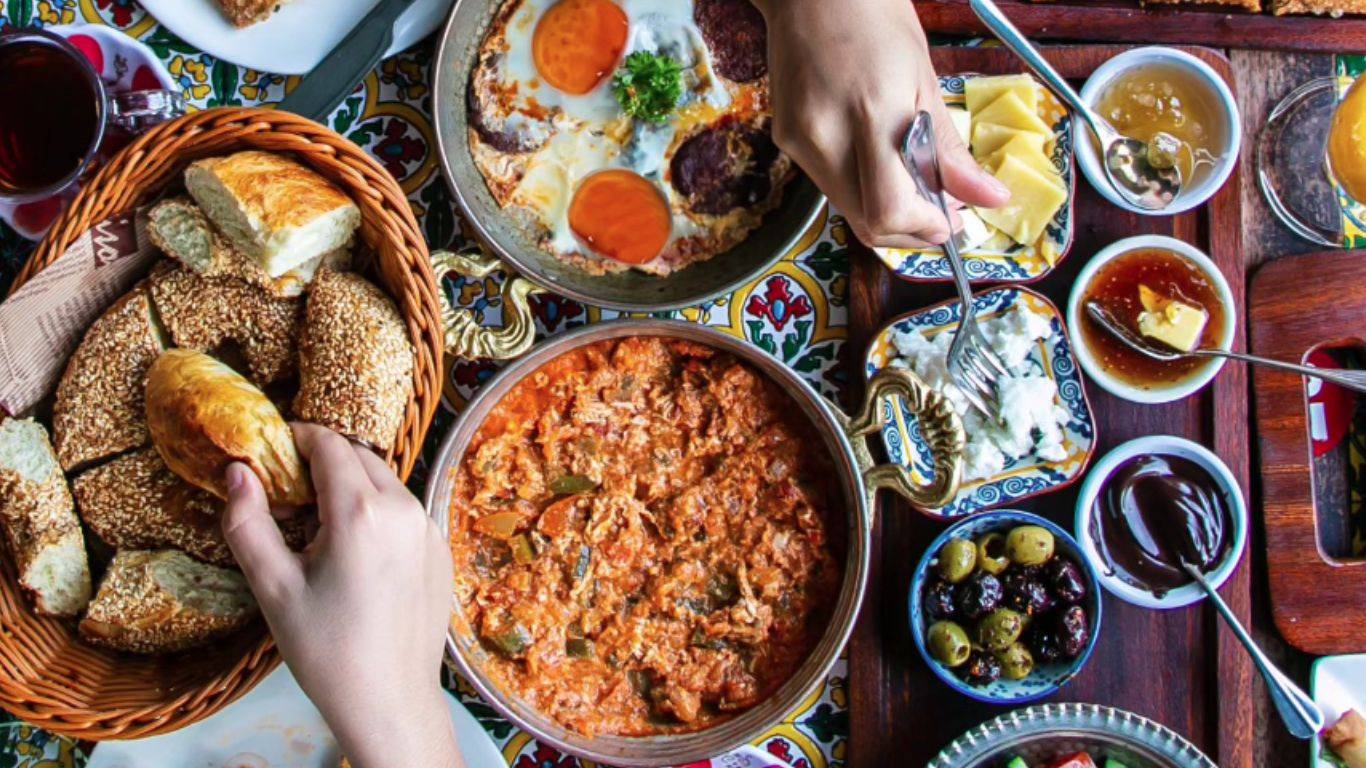Growing taste for Turkish cuisine unites Malaysia and Turkey
Turkish cuisine, with its vibrant flavours and distinctive tastes, has been gradually embraced in Malaysia, marking a unique cultural exchange that goes beyond diplomacy and touches on the everyday experiences of Malaysians.

THE rich relationship between Malaysia and Turkey is one built on a shared appreciation for culture, history and a mutual curiosity about each other's traditions.
As both countries continued to grow closer in various sectors, the culinary world has become a delicious symbol of this bond.
Turkish cuisine, with its vibrant flavours and distinctive tastes, has been gradually embraced in Malaysia, marking a unique cultural exchange that goes beyond diplomacy and touches on the everyday experiences of Malaysians.
Although Turkish cuisine is relatively new to many Malaysian taste buds, the flavours of Turkey are becoming increasingly popular.
Turkish Café Istanbul restaurant chef and owner Deniz Alkoç recalls how challenging it was when he first introduced Turkish dishes to Malaysia.
He added that it took nearly seven to eight years of patience and adaptation, but now, Malaysians enjoy and even follow Turkish tastes.
"Many Malaysians would come in expecting Turkish and Arab food to taste the same, but the flavours are distinctly different.
"They would often comment on the differences, which was difficult to explain because while some dishes share similar names, the taste is unique to Turkish cuisine," he said when met at the restaurant in Taman Tun Dr Ismail, Kuala Lumpur, recently.
He added that Turkish cuisine is incredibly diverse, with each city and region offering its own unique flavours and styles.
For example, some regions use onion, others prefer garlic and every area has its own blend of spices.
Alkoç said when he moved from Japan to Malaysia, he found the transition challenging, particularly because Japanese cuisine tends to rely on simpler and more subtle flavours.
"The Japanese prefer mild tastes, which makes things easier. But in Malaysia, people love bold flavours and spices and they typically don’t enjoy dishes that are dry," he said.
He said Turkish cuisine, especially kebabs, traditionally comes without much sauce, often served dry, whereas Malaysians are accustomed to having sauces or gravies with their meals.
Alkoç said he crafted a menu that catered to both Malaysian and Turkish preferences, combining familiar rice-based options with Turkish bread and kebabs.
"Malaysians generally aren’t big fans of salad as an appetiser. At first, it was challenging, but now, Alhamdulillah, they’ve grown to like it although it took time," he added.
He explained that Turkish salads often have a tangy dressing, as they traditionally use lemon juice, vinegar and olive oil, creating a flavour profile that is more sour than Malaysians are used to.
Alkoç highlighted that kebabs often intrigue newcomers to Turkish cuisine, explaining that, like sushi, kebabs are a diverse category rather than a single dish where they come in many variations, including lamb, beef and chicken, with options like yogurt, eggplant and various sauces as accompaniments.
He expressed excitement seeing Malaysians embrace the traditional Turkish breakfast describing it as a dream come true.
He said it is satisfying to see more people coming to try not only the famous kebabs but also other dishes like kunafa and baklava.
While these desserts might share similar names with some Arabic treats, Alkoç said their flavours are uniquely Turkish, offering a distinct experience for those new to Turkish cuisine.
"Running an F&B (food and beverages) business opens up a lot of room for judgement, as people form impressions quickly after just one experience.
"I recommend trying a new cuisine at least three times to truly understand its flavours, so for anyone interested in Turkish food, come visit Turkish Café Istanbul," he said.
Alkoç came to Malaysia in May 2014 and opened Turkish Café Istanbul in October that year.
The restaurant is located at LG-08 Glo Damansara, 699, Jalan Damansara, Taman Tun Dr Ismail, Kuala Lumpur.











